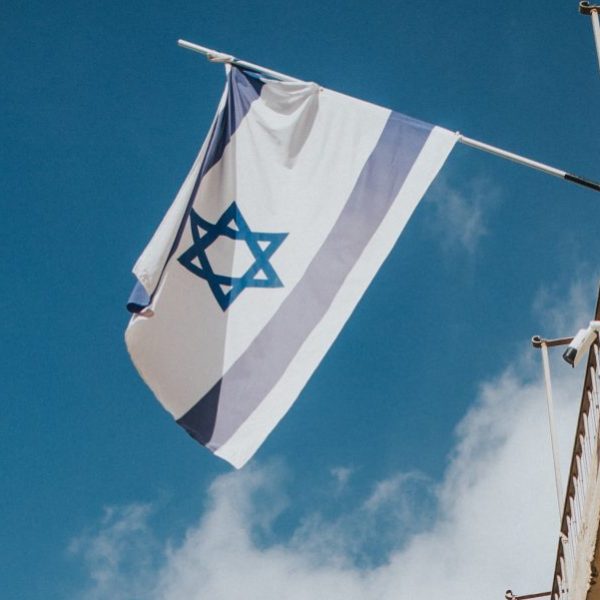Lest We Forget: Palestine Betrayed
Sarah Underwood—
Who betrayed whom in Palestine? Many people with many purposes would call western nations like Great Britain or eastern powers like the Arab League the traitors, with Arabs and Jews alternating the position of betrayed. For Efraim Karsh, author of Palestine Betrayed, one important and forgotten answer is that pro-Arab propagandists betrayed their fellow Arabs, the people who wanted to live peacefully with their Jewish neighbors at the start of the twentieth century. As a historian, his purpose is to reclaim the humanity of those real people who were not merely indifferent to but welcomed Jewish immigrants to their nation and whose peacefulness was subsequently erased by “Palestinian Arab leaders who…very much against the wishes of their own constituents, launched a relentless campaign to obliterate the Jewish national revival.”
 Karsh acknowledges that after World War I, as the Jewish population in the area that would be Palestine grew, it did face certain hostility, including “clashes over pasturing and farming lands.” He argues that initially, however, these sentiments came from more individual xenophobia rather than a nationwide effort, nothing that was out of the ordinary “from the other acts of…lawlessness that plagued Palestine at the time.” The presence of the Jews in Palestine boosted the economy, raised life expectancy, and significantly slowed emigration of native Palestinians from their homeland.
Karsh acknowledges that after World War I, as the Jewish population in the area that would be Palestine grew, it did face certain hostility, including “clashes over pasturing and farming lands.” He argues that initially, however, these sentiments came from more individual xenophobia rather than a nationwide effort, nothing that was out of the ordinary “from the other acts of…lawlessness that plagued Palestine at the time.” The presence of the Jews in Palestine boosted the economy, raised life expectancy, and significantly slowed emigration of native Palestinians from their homeland.
The future first Prime Minister of Israel, David Ben-Gurion, said on November 25, 1947, “We should remember that the great mass of the Arab people are still inarticulate; they are deprived of voice and means of political expression, because those who speak in their name today represent neither their feelings nor their needs.” In just a few days, it would become apparent that those who spoke for the public also acted for them without their consent. On November 29, the General Assembly passed a resolution allowing “the partition of Palestine into Jewish and Arab states linked in an economic union.” The next day, what the Israelis called the War of Independence and the Palestinians and Arabs called “the catastrophe” began. On November 30, the Jewish population became the target of shootings, stabbings, bombs, and other terror. The murderers were not Arab patriots but rather “criminals driven by monetary concerns” who the Mufti and the Arab Higher Committee used as instigators.
Karsh does not oversimplify the “Palestine problem.” His detailed account of the wars between Arabs and Jews in the Middle East examines both sides carefully, noting that the desires for justice, peace, and revenge have coexisted in both camps. It is, sadly, a familiar story, even if his reexamined history of this specific clash surprises us: the ambition of a few leaders and elite destroy the lives and livelihoods of thousands. Perhaps Zionism and Pan-Arabism could have never coincided in the same state, but an Arab family and their Jewish neighbors could have, if they had been allowed to speak and act for themselves.
Sarah Underwood is a graduate of the College of William and Mary and a former Yale University Press intern. Her column, Lest We Forget, appears on the Yale Press Log.




It sounds like an interesting work I might have to check the book. That part of the world gets so confusing and complicated.